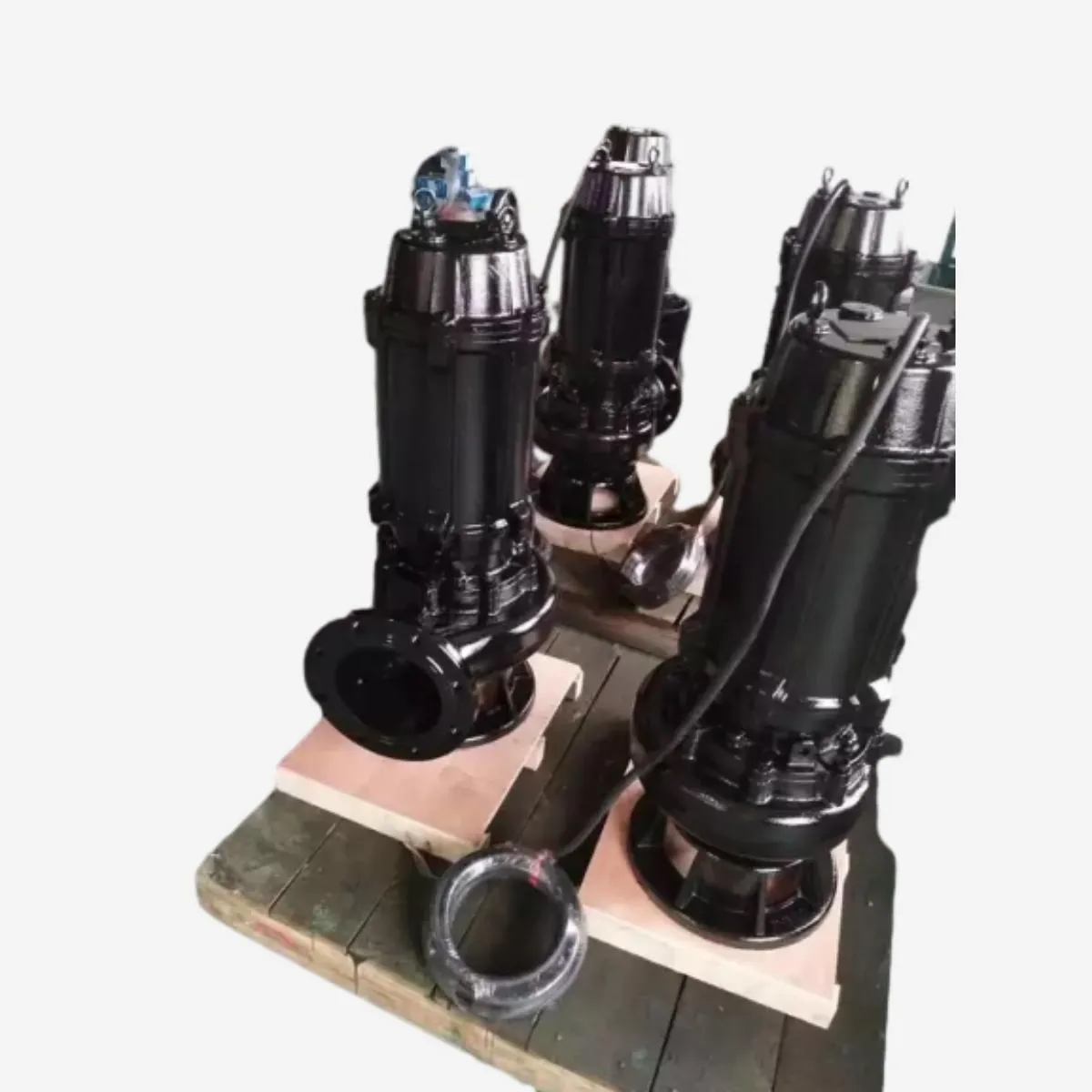Romanian
- Afrikaans
- Albanian
- Amharic
- Arabic
- Armenian
- Azerbaijani
- Basque
- Belarusian
- Bengali
- Bosnian
- Bulgarian
- Catalan
- Cebuano
- Corsican
- Croatian
- Czech
- Danish
- Dutch
- English
- Esperanto
- Estonian
- Finnish
- French
- Frisian
- Galician
- Georgian
- German
- Greek
- Gujarati
- Haitian Creole
- hausa
- hawaiian
- Hebrew
- Hindi
- Miao
- Hungarian
- Icelandic
- igbo
- Indonesian
- irish
- Italian
- Japanese
- Javanese
- Kannada
- kazakh
- Khmer
- Rwandese
- Korean
- Kurdish
- Kyrgyz
- Lao
- Latin
- Latvian
- Lithuanian
- Luxembourgish
- Macedonian
- Malgashi
- Malay
- Malayalam
- Maltese
- Maori
- Marathi
- Mongolian
- Myanmar
- Nepali
- Norwegian
- Norwegian
- Occitan
- Pashto
- Persian
- Polish
- Portuguese
- Punjabi
- Romanian
- Russian
- Samoan
- Scottish Gaelic
- Serbian
- Sesotho
- Shona
- Sindhi
- Sinhala
- Slovak
- Slovenian
- Somali
- Spanish
- Sundanese
- Swahili
- Swedish
- Tagalog
- Tajik
- Tamil
- Tatar
- Telugu
- Thai
- Turkish
- Turkmen
- Ukrainian
- Urdu
- Uighur
- Uzbek
- Vietnamese
- Welsh
- Bantu
- Yiddish
- Yoruba
- Zulu
Telephone: +86 13120555503
Email: frank@cypump.com
nov. . 07, 2024 23:08 Back to list
Efficient Diaphragm Pumps for Handling Slurry Applications and Industrial Needs
The Importance of Diaphragm Pumps for Slurry Applications
When it comes to transferring challenging materials, diaphragm pumps have carved out a niche as one of the most effective solutions, particularly for handling slurries. A slurry is a mixture of solid particles suspended in a liquid, frequently seen in industries such as mining, construction, wastewater treatment, and food processing. The unique design and operational principles of diaphragm pumps make them exceptionally well-suited for such demanding tasks.
Understanding Diaphragm Pumps
Diaphragm pumps, also known as membrane pumps, utilize a flexible diaphragm to create a pumping action. These pumps operate by reciprocating the diaphragm, which alternately expands and contracts to draw fluid into the pump and then displace it out. This mechanism is particularly beneficial for slurries, which can have varying concentrations of solids and may be abrasive or corrosive.
The primary advantages of diaphragm pumps include their ability to handle viscous and thick materials, their self-priming capability, and their ability to operate dry without damage. They are typically available in both air-operated and electrically-driven configurations, allowing for versatile applications across different environments and operational needs.
Advantages for Slurry Handling
1. Solid Handling Capability Diaphragm pumps excel in handling slurries that contain solid particles. Their ability to pump materials with a wide range of consistency means they can manage everything from thick mud to finely ground minerals without clogging or damaging internal components.
2. Gentle Pumping Action The design of diaphragm pumps minimizes shear forces applied to the slurry. This is crucial for applications where the integrity of the solid particles must be preserved, such as in the food industry or when dealing with sensitive materials.
diaphragm pump for slurry

3. Versatility in Viscosity Diaphragm pumps can handle a broad spectrum of viscosities, making them suitable for various slurry types. Whether it's a thin slurry or a highly viscous mixture, these pumps can adapt their performance accordingly.
4. Corrosion and Abrasion Resistance Many diaphragm pumps can be constructed with materials that are resistant to corrosion and abrasion, crucial when working with aggressive chemicals or abrasive solids. This longevity results in cost savings and reduced maintenance needs over time.
5. Low Energy Consumption Compared to other pump types, diaphragm pumps can be more energy-efficient, particularly in low-flow or intermittent applications. This efficiency not only saves on operational costs but also contributes to a lower environmental impact.
Applications Across Industries
Diaphragm pumps are utilized in numerous industries where slurries are common. In the mining sector, they are frequently employed to handle tailings or slurry mixtures during mineral extraction processes. In construction, these pumps are used to manage grout and concrete slurries, ensuring that projects can proceed smoothly without delays caused by pump failures.
In wastewater treatment, diaphragm pumps are integral for transferring sludge and other viscous materials. Their ability to operate reliably in harsh environments makes them a top choice in treatment facilities. In food processing, they are used for transporting ingredients that require careful handling, emphasizing the need for pumps that can operate without damaging the slurry.
Conclusion
Diaphragm pumps offer a robust solution for handling slurries across various industries. Their ability to efficiently and reliably manage challenging materials makes them invaluable in applications ranging from mining to wastewater treatment. As industries continue to evolve and encounter new challenges, diaphragm pumps will likely play an even greater role in facilitating efficient and effective slurry management. Whether through their material handling capabilities, design versatility, or efficient operation, these pumps remain crucial in modern industrial processes.
-
High-Performance Air Pumps for Sand & Gravel | Efficient Transport
NewsAug.03,2025
-
ISG Series Vertical Pipeline Pump - Chi Yuan Pumps Co., LTD.|Energy Efficiency, Corrosion Resistance
NewsAug.03,2025
-
ISG Series Pipeline Pump - Chi Yuan Pumps | Energy Efficiency&Compact Design
NewsAug.03,2025
-
ISG Series Vertical Pipeline Pump - Chi Yuan Pumps Co., LTD.|High Efficiency, Low Noise, Durable
NewsAug.02,2025
-
ISG Series Vertical Pipeline Pump - Chi Yuan Pumps | High Efficiency, Low Noise
NewsAug.02,2025
-
ISG Series Vertical Pipeline Pump- Chi Yuan Pumps Co., LTD.|High Efficiency&Compact Design
NewsAug.02,2025










